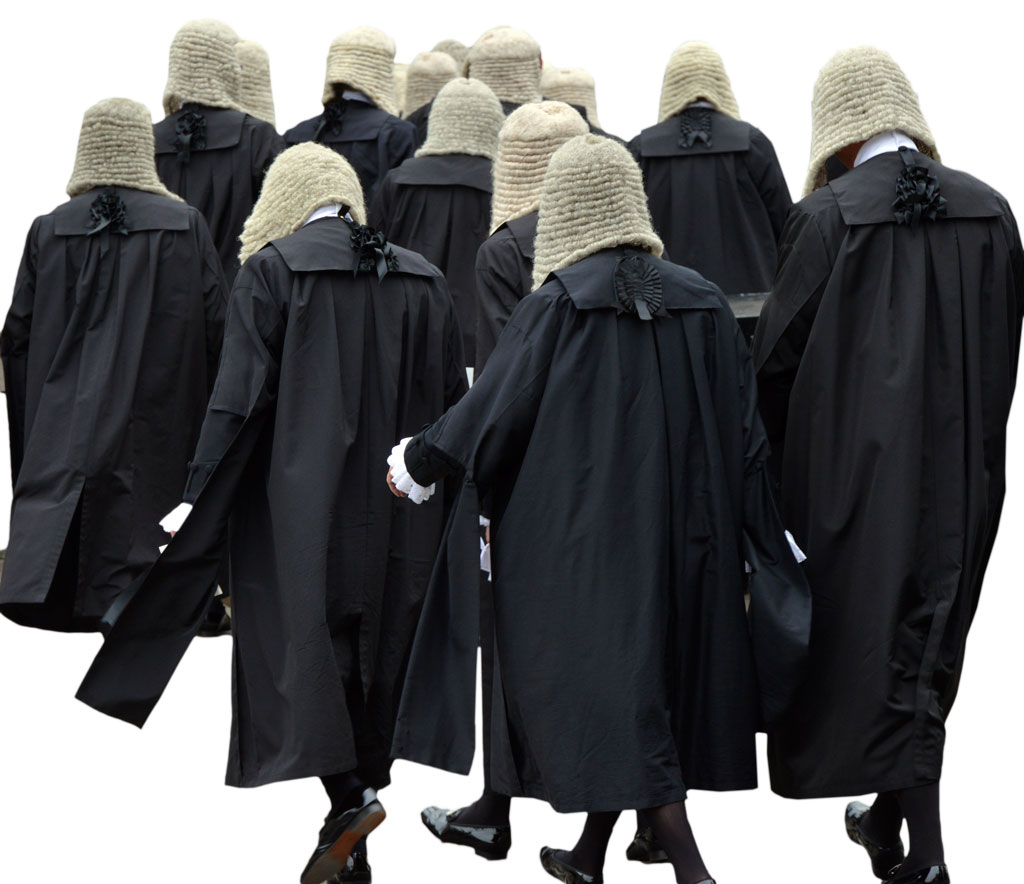
In the first in a series of articles, Elizabeth Metliss considers the judicial view of aggressive correspondence
Mr Justice Burton recently came to Mishcon de Reya’s offices to give an insight into “the view from the bench”—how judges view various aspects of the litigation process, and in particular, how they view the conduct and practices of law firms in this context. This article, the first of a series of three, outlines how Burton J and his contemporaries from the judiciary view three issues—issues which litigators have to deal with on a day-to-day basis when running cases for their clients.
Taking a hard line
This first piece addresses how judges perceive correspondence, particularly aggressive correspondence, between law firms. As litigators, we use correspondence to set out our client’s position to the other side. Correspondence can relate to procedural issues and often deals with differences in factual accounts and points of law; it can be used to undermine the other side’s position, sometimes in an aggressive, accusatory way, and/or to show that your client





.tmb-mov69x69.jpg?sfvrsn=961ae4db_1)
95ca96e3d47f4eff8d147c4f0df17c77.tmb-mov69x69.png?sfvrsn=3db5d86b_1)

